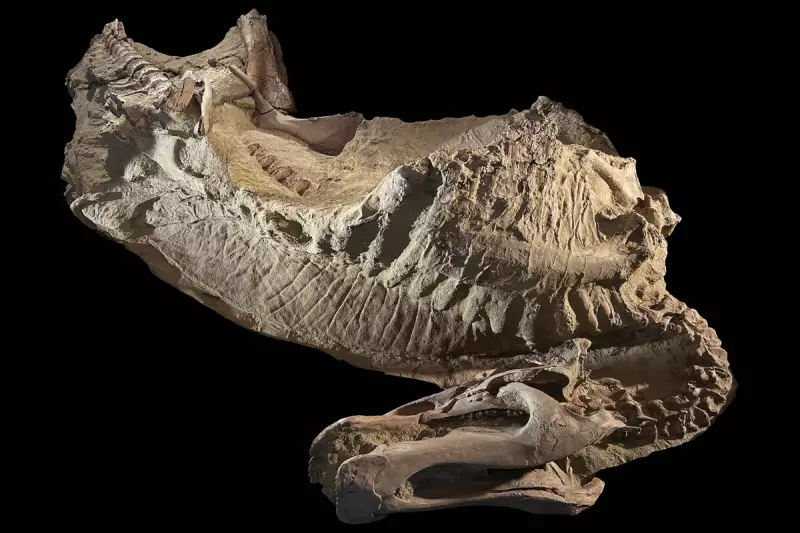
In a discovery that's rewriting medical history, an international team of scientists has uncovered compelling evidence that ancient Egyptian physicians attempted to treat cancer through surgical intervention nearly 4,000 years ago.
The Groundbreaking Discovery
Researchers from the University of Cambridge, the University of Santiago de Compostela, and Britain's University of Cambridge made the astonishing find while examining two ancient Egyptian skulls from the Duckworth Collection. Using advanced microscopic analysis, the team detected cut marks around cancerous lesions on one skull dating back to between 2687 and 2345 BCE.
This represents the earliest known case of cancer treatment in human history, pushing back our understanding of medical sophistication in ancient civilizations by centuries.
Revolutionising Our Understanding of Ancient Medicine
Professor Edgard Camarós from the University of Santiago de Compostela, lead author of the study published in Frontiers in Medicine, expressed the significance of the finding: "This unique find provides unprecedented evidence of how ancient Egyptian medicine would have attempted to deal with or explore cancer more than 4,000 years ago."
The research team discovered not only evidence of attempted surgical treatment but also signs of metastatic cancer—cancer that had spread throughout the body—in the ancient remains. This dual discovery provides a remarkable window into both the disease itself and ancient medical practices.
Advanced Medical Knowledge in Antiquity
What makes this discovery particularly extraordinary is the level of medical understanding it implies. The ancient Egyptians left behind extensive medical texts detailing various treatments and surgical procedures, but until now, concrete evidence of cancer treatment remained elusive.
The precision of the cut marks suggests sophisticated anatomical knowledge and indicates that these early physicians were actively exploring ways to combat one of humanity's most persistent diseases.
Implications for Modern Medicine
This discovery doesn't just illuminate the past—it may inform future cancer research. Understanding how cancer manifested in ancient populations and how early physicians responded could provide valuable insights for contemporary medical science.
As Professor Camarós noted, "We see that although ancient Egyptians were effective at dealing with traumas and construction injuries, cancer would have been a familiar knowledge frontier for them."
The research team plans to continue their investigations, hoping to uncover more evidence of ancient medical practices that could shed light on both the history of medicine and potential new approaches to understanding cancer.





